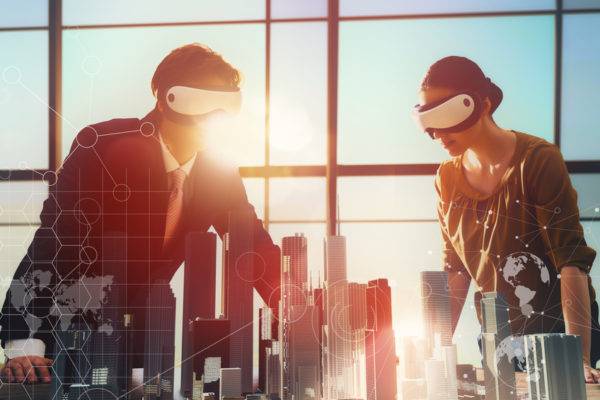SideFX is expanding its visual effects capabilities into a series of innovative virtual reality (VR) projects for Singapore as part of the Asian city-state’s sweeping smart city masterplan.
The Toronto-based company is well known in the global entertainment industry for its 3D and visual effects expertise on many blockbuster movies and video games.
But now SideFX is partnering on a series of VR projects with Singapore under the aegis of the country’s Smart Nation 2025 strategy. The VR initiatives are also supported by Singapore’s recently launched Info-communications Media Development Authority.
One key project being pursued in conjunction with Singapore’s Civil Defence Force is the development of VR and augmented reality (AR) simulations of emergency and disaster scenarios.
SideFX says its expertise in simulating explosions and natural disasters for the entertainment industry will allow realistic training scenarios, but the VR allows it at a fraction of the cost.
“In a hospital you normally wouldn’t have the ability to stage an explosion or a terrorist attack, with the doctors and ambulances rushing in,” says T.K. Ng, President of SideFX Asia Pacific. “In the movie world we could do that by building a set but you’re talking about a lot of money.”
“In having the virtual world it becomes reusable, so the cost savings there is tremendous because the set doesn’t have to be rebuilt each time, you don’t have to blow things up and destroy things,” says Ng.
Not to mention that blowing up hospitals for training sessions might unnerve nearby civilians slightly.
The re-usability of virtual scenarios is also key to allowing modifications and adjustments to ensure simulations incorporate new knowledge and stay fresh for trainees.
“The stories and learning of first responders and emergency teams can also be incorporated into the system so it can be replayed for the training teams,” he says.
SideFX looking at Singapore’s health system
Another SideFX initiative is to develop VR training systems for Singapore’s health system.
Ng describes how virtual surgery can provide simulations for medical trainees that combines with haptic feedback to make the look and feel ultra-realistic without the expense of having to procure and store human cadavers.
But he says one of the most powerful motivations driving Singapore’s interest in these VR and AR projects is to capture institutional knowledge, especially from the more experienced clinicians, doctors and nurses.
“As we get older we gain experience, but the challenge is always how we share that vast experience,” says Ng. “We always talk about the masters and how we wish we could have learned from them.”
“With VR we can capture these experiences and have these experts become immortalized as reference models so future doctors can learn from a very skilled surgeon or a very skilled emergency responder,” he says.

















